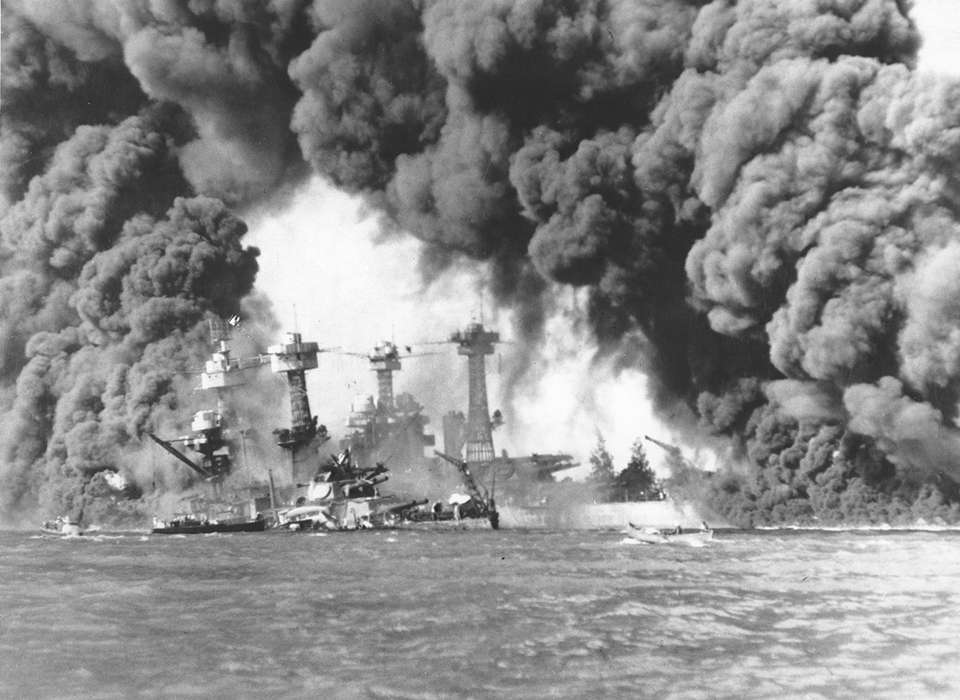Imagine yourself transported back in time to the fateful morning of December 7th, 1941. As the sun rises over the picturesque island of Oahu, you are about to witness an event that will forever alter the course of history. Just as you settle into the tranquility of the Pacific Ocean, the sky is suddenly filled with the thunderous roar of approaching aircraft. This is the moment when the world stands still, as Pearl Harbor becomes the epicenter of a devastating attack that thrusts the United States into World War II. In this brief overview, we will explore the significance of Pearl Harbor, delving into its historical context and the lasting impact it has had on the world. Get ready to embark on a journey that will shed light on the events that shaped the modern world as we know it.
History of Pearl Harbor
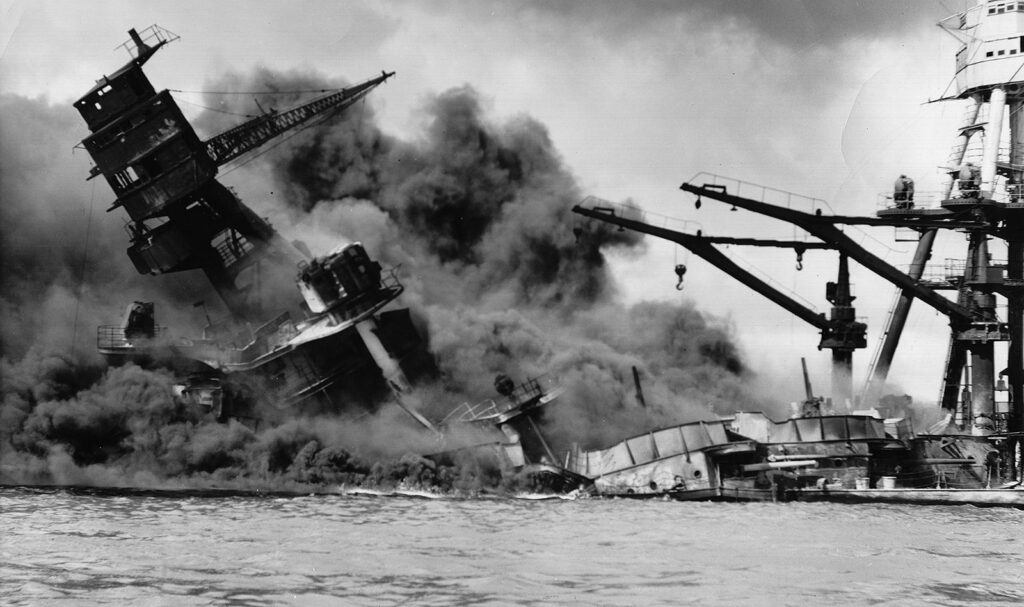
Construction and Purpose of Pearl Harbor
Pearl Harbor is a natural harbor located on the island of Oahu in Hawaii. Its strategic location in the central Pacific Ocean made it an ideal site for a naval base. The construction of Pearl Harbor began in the early 1900s and aimed to establish a fortified naval installation to protect American interests in the Pacific. The purpose of the harbor was to serve as a deterrent to any potential enemies and to project American power in the region.
Timeline of Events Leading up to the Attack
In the years leading up to the attack on Pearl Harbor, tensions between the United States and Japan began to escalate. Japan had embarked on a campaign of aggression in East Asia, invading Manchuria in 1931 and China in 1937. The United States responded by imposing economic sanctions and an oil embargo on Japan. Diplomatic negotiations between the two countries failed to resolve the growing conflict, leading to an ultimatum from Japan and their preparations for the attack on Pearl Harbor.
The Attack on Pearl Harbor
On December 7, 1941, the Japanese launched a surprise military strike on the naval base at Pearl Harbor. The attack began early in the morning when Japanese aircraft targeted American naval vessels, aircraft, and military installations. The attack lasted for several hours and resulted in significant damage to the Pacific Fleet, including the sinking of battleships such as the USS Arizona and the USS Oklahoma. The attack on Pearl Harbor led to the loss of over 2,400 American lives and the destruction of numerous aircraft and ships.
Significance of Pearl Harbor
The attack on Pearl Harbor had far-reaching consequences that shaped the course of history.
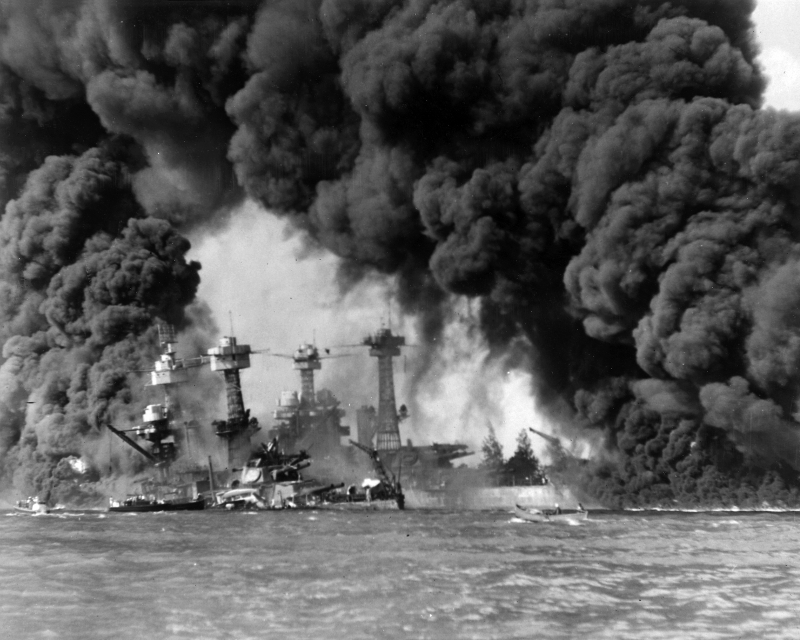
Shift in Global Power
The attack marked a significant shift in global power dynamics. Prior to the attack, Japan had been aspiring to establish dominance in the Pacific, challenging the influence of Western powers. However, the devastating blow inflicted upon the United States at Pearl Harbor not only brought the United States into the war but also served as a catalyst for a shift in global power dynamics. With the United States fully committed to the war effort, the balance of power tipped in favor of the Allies, ultimately resulting in their victory.
United States Entering World War II
The attack on Pearl Harbor catapulted the United States into World War II. Following the attack, President Franklin D. Roosevelt declared war on Japan, marking the formal entry of the United States into the war. This decision united the American people and galvanized the nation’s war effort, as citizens rallied behind the cause and joined the military in large numbers.
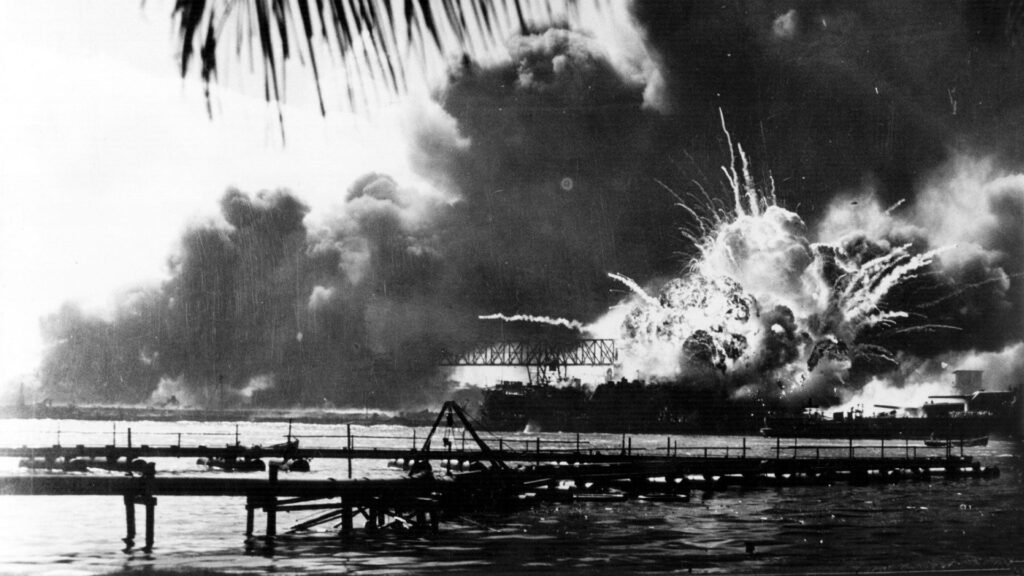
Impact on American Society
The attack on Pearl Harbor had a profound impact on American society. It led to a surge in patriotism and a sense of national unity as Americans came together in the face of adversity. The attack also intensified racial tensions and discrimination, particularly against Japanese-Americans. In the aftermath of the attack, thousands of Japanese-Americans were forcibly relocated and interned in camps across the United States, a dark chapter in American history.
Turning Point in Naval Warfare
The attack on Pearl Harbor served as a turning point in naval warfare. It demonstrated the vulnerability of naval forces to air attacks and the necessity of developing new strategies and technologies to counter such threats. Lessons learned from Pearl Harbor played a crucial role in shaping the future of naval warfare, leading to advancements in intelligence gathering, readiness, and the development of effective naval defenses.
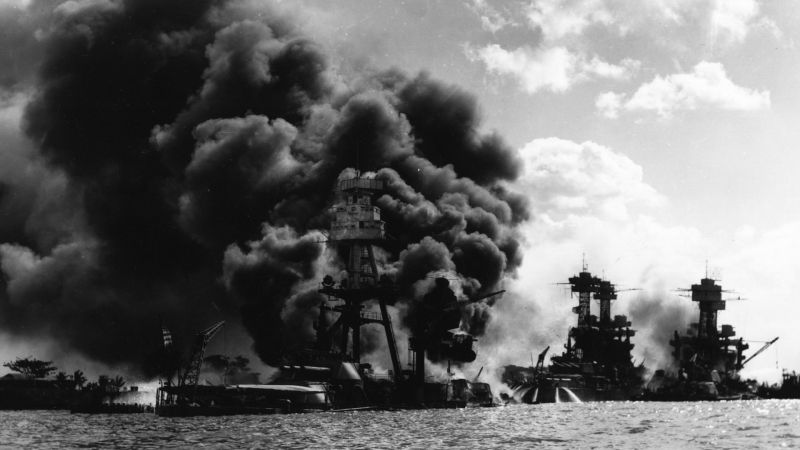
Legacy and Remembrance
The attack on Pearl Harbor is commemorated as a significant event in American history. Various memorials, such as the USS Arizona Memorial and the Pearl Harbor National Memorial, stand as reminders of the lives lost and the sacrifices made on that fateful day. These sites serve as a place of remembrance and education, ensuring that the legacy of Pearl Harbor lives on and the lessons of the past are not forgotten.
In conclusion, the history of Pearl Harbor is a complex and significant chapter in world history. From its construction and purpose to the timeline of events leading up to the attack, the attack itself, and its aftermath, Pearl Harbor shaped the course of World War II and left a lasting impact on global power dynamics, American society, naval warfare, and the way we remember and commemorate historic events.
